Going into the episode of Saturday Night Live he hosted, Donald Trump told Fox News that he’d vetoed some sketches in order to keep from offending voters in the Iowa caucuses, citing “a couple that were too risqué.” Trump perfectly achieved his goal—his episode of SNL was among the most anodyne in the show’s recent history. Forget Iowa voters; it’s hard to imagine the ninety minutes NBC aired getting much of a reaction out of anyone.
The booking of Trump was unexpected, and not merely because NBC (the network that had broadcast his reality show and beauty pageants) had severed ties with him at the start of his presidential campaign. Candidates stop by SNL all the time to prove they can take a joke, but it’s usually for a sketch or two (as Hillary Clinton did, earlier in the season, when she briefly played “Val the Bartender”). The very few presidential candidates who’ve taken a week out of their schedules to host the show either trail the field, like Al Sharpton in 2004, or have already dropped out, like Steve Forbes in 1996. Trump had a significant amount to lose.
So it’s unsurprising that he took a backseat role for much of the show from its first minutes; granted access to the year’s most-talked-about politician, the show went with a cold open about Bernie Sanders and Hillary Clinton. Trump’s monologue indulged a few of his pet talking points (including another jab at Rosie O’Donnell, who has really suffered enough this election cycle) before veering into an impression-off between two of SNL‘s Trump impersonators, with Trump standing in the middle, the straight man. Trump was perpetually absent, just existing as things happened around him, or entering in at a sketch’s final moments.
Read More: Donald Trump Tries to Show He Can Take a Joke
The show was at odds with itself in a manner that made truly bad TV. The things that have recently brought Trump to a new level of prominence are too charged to make comedy with the man himself in the room and granted veto power. One of Saturday Night Live‘s central tenets (more and more in recent years, as its bloated 40th-anniversary special proved) is that celebrities are always funny, or at least can make anything funnier. But Trump’s presence had a depressing effect on any potential comedy. For all that, as he bragged in his monologue, he really can take a joke, the jokes weren’t too hard-hitting. The point-of-view of one sketch, about a hypothetical Trump Administration, was that Donald Trump would be a great president. (Forget unchallenging enough to get Trump’s sign-off: For this one, would-be First Daughter Ivanka Trump made an appearance, too.) Another, in which Trump did not appear, featured the cast freaking out that he might tweet mean things about them, the sort of anodyne observation one makes when avoiding something harder or stranger.
In fairness to the show’s political writers, many of the sketches didn’t touch on politics at all, and in those, Trump was a diffident, uncommitted comic actor (never more so than in a sketch featuring Kenan Thompson’s impression of reggae star Toots Hibbert, which ended, strangely, with Trump implying he would shoot Hibbert). From his performance, it seemed quite possible that the most confident man in American politics really was nervous about alienating his public; as it turned out, Saturday Night Live gave his supporters absolutely no reason to withhold support.
Read More: Protesters March Against Donald Trump Hosting ‘Saturday Night Live’
After all, “Weekend Update,” the show’s political-commentary section, saved some of the show’s toughest material for Ben Carson, Trump’s rival at the top of the polls. The show unloading on questions about Carson’s biography comes at a time when the surgeon-turned-candidate has been more in the news than ever, but the question of optics—is Trump getting off easier because he’s on the show?—is more than fair. The only other material that measured up, in terms of scrutinizing a candidate, was the “Weekend Update” segment featuring the long-running “Drunk Uncle” character.
Based on conservative family members speaking off-the-cuff at holiday gatherings, Drunk Uncle has, for years, been bemoaning in vague, apocalyptic, and erroneous terms the end of life as he knew it in some long-ago ideal time that seems unreachable now; he can’t elaborate why, but he said Trump was his candidate. “He’s perfect,” Drunk Uncle said. “He’s like a big gold beautiful Monopoly man.”
It was a savage bit of political commentary on what’s appealing about Trump, to his followers, that somehow escaped Trump’s veto (coincidentally enough, he wasn’t onstage when it happened). And it proved that what Saturday Night Live, despite its growing desire for access, actually does best is sketch comedy relying on the audience’s familiarity with the show’s own characters, not its familiarity with the sides of politicians they’re most eager for voters to see.
Read More: Donald Trump’s Saturday Night Live Protests Grow
See Donald Trump on SNL Over the Years
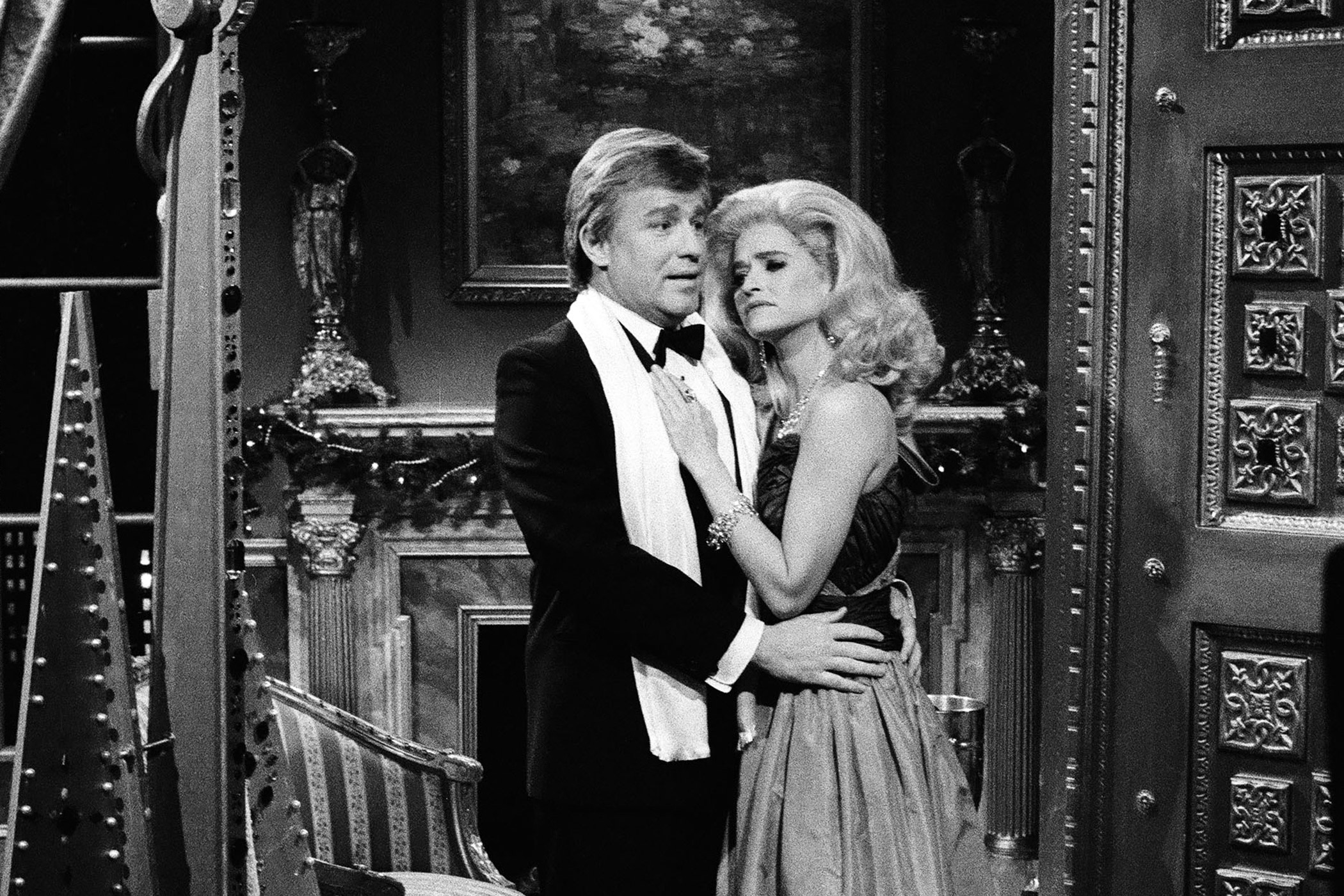
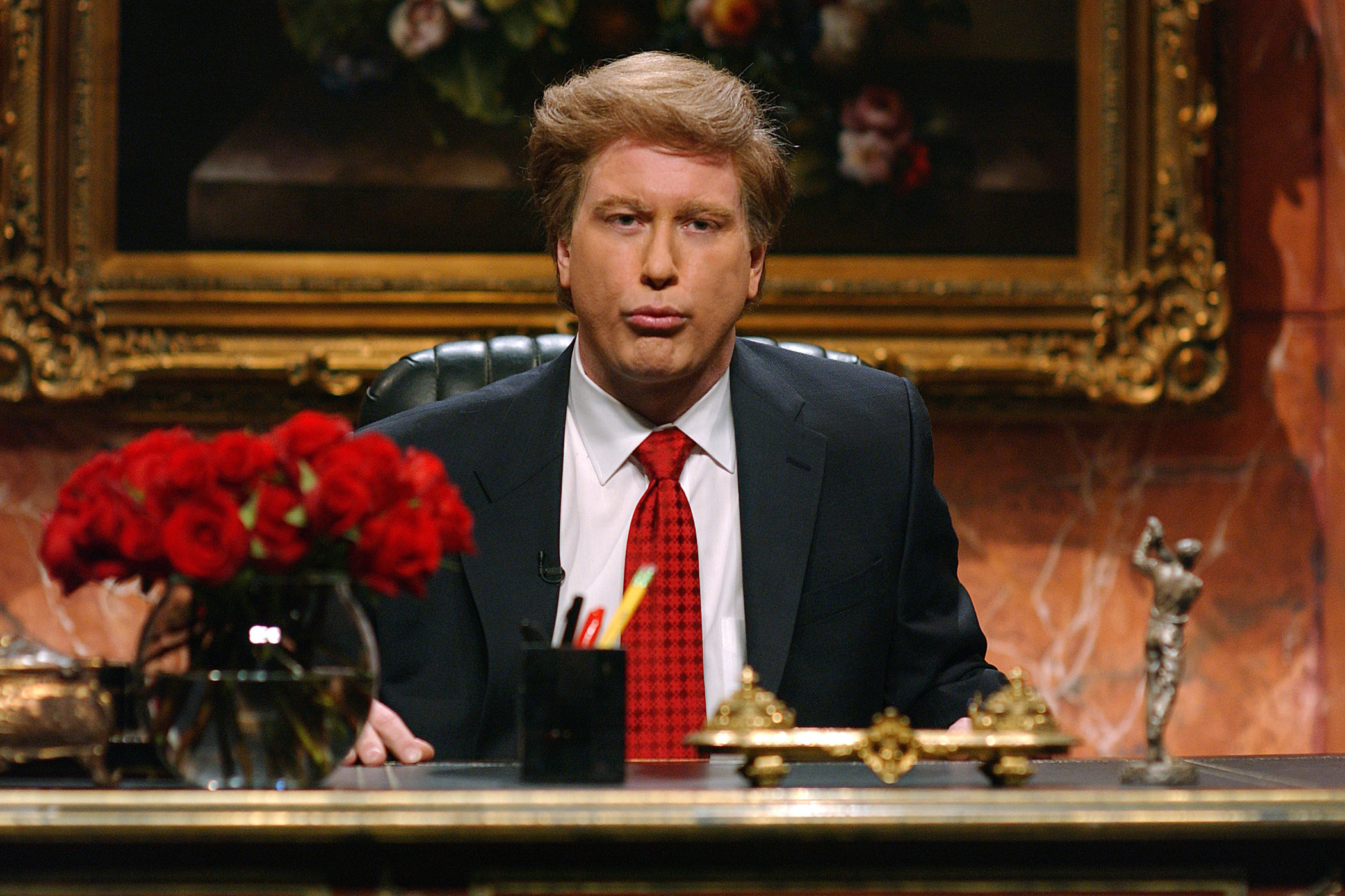
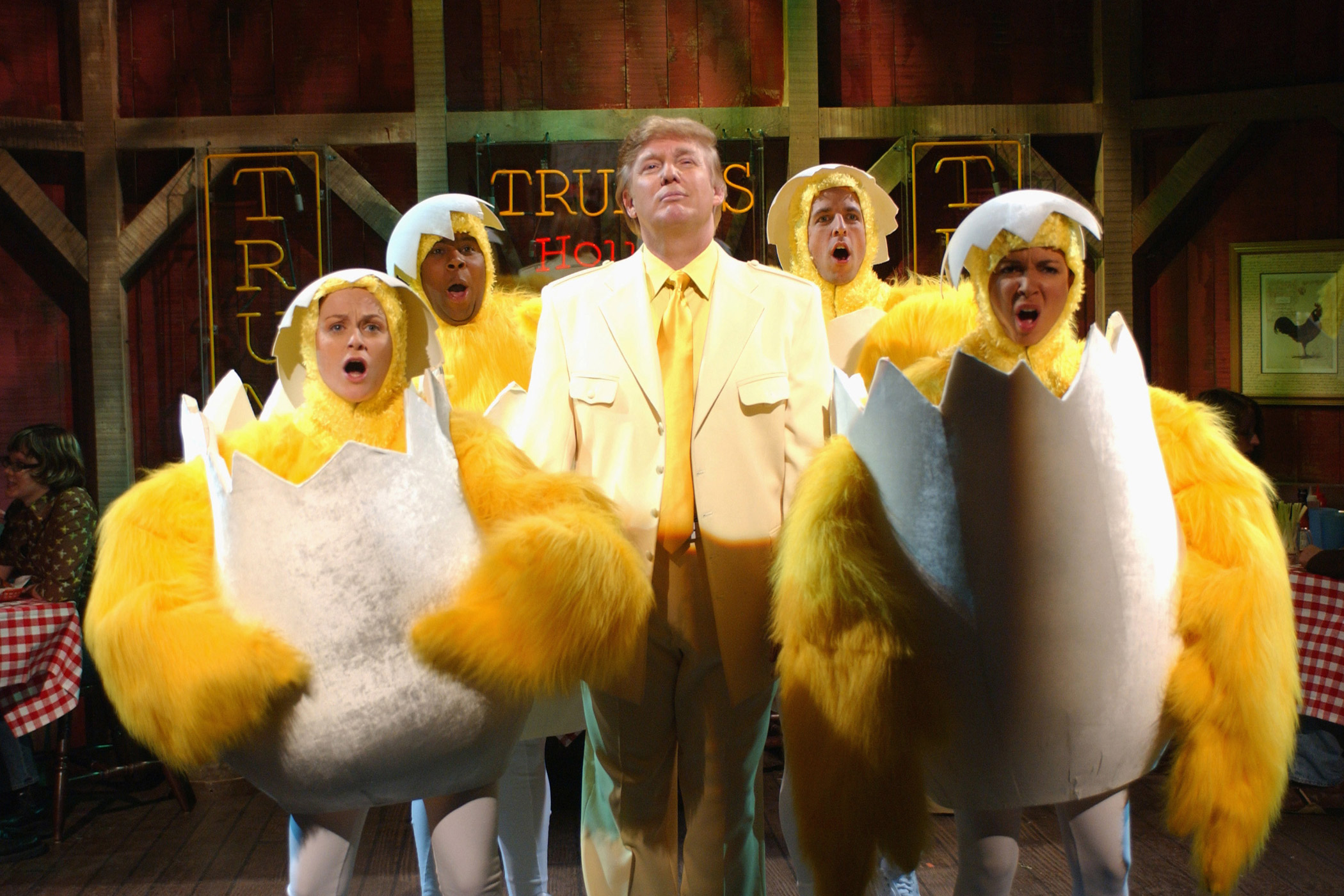
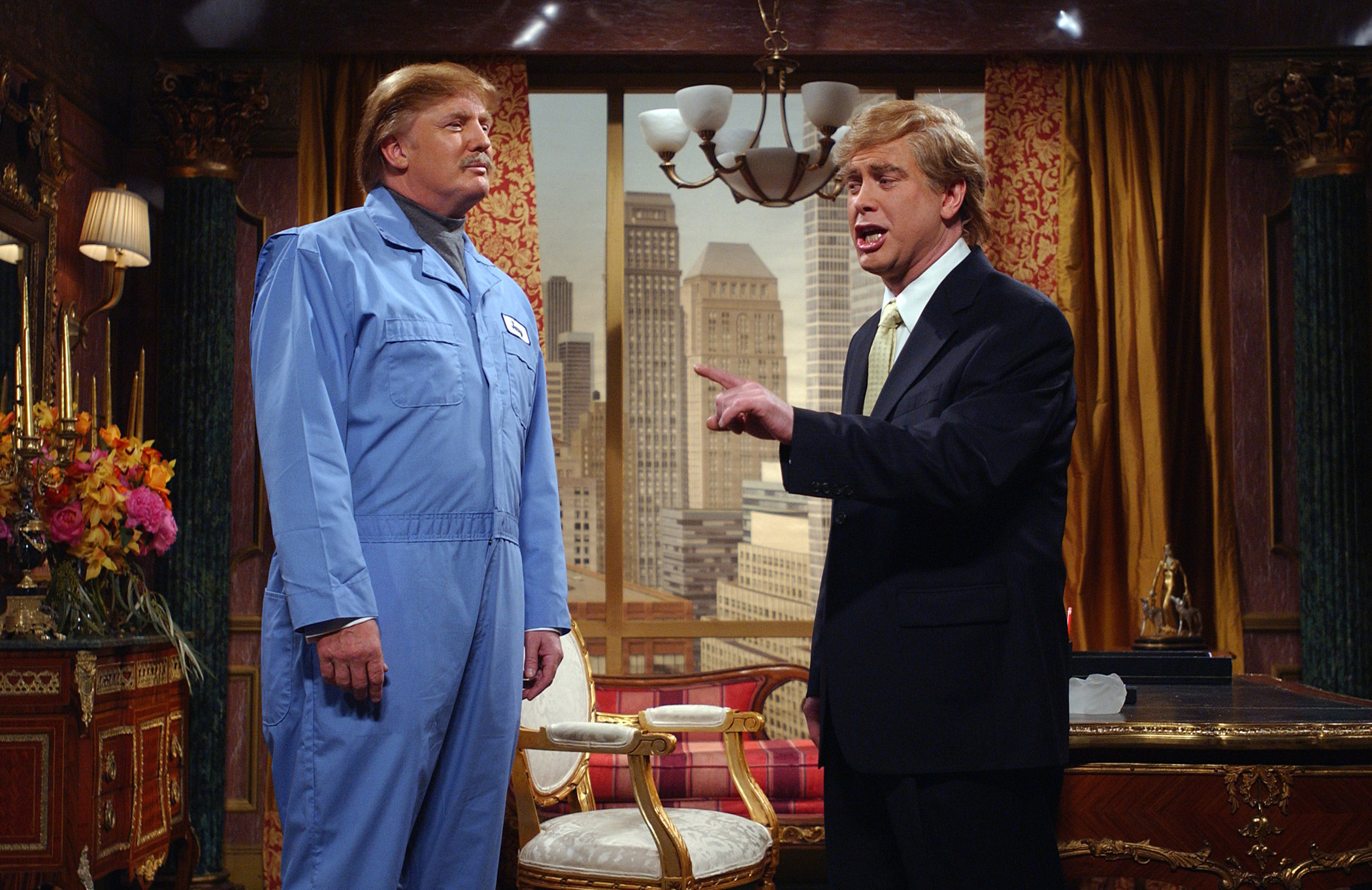
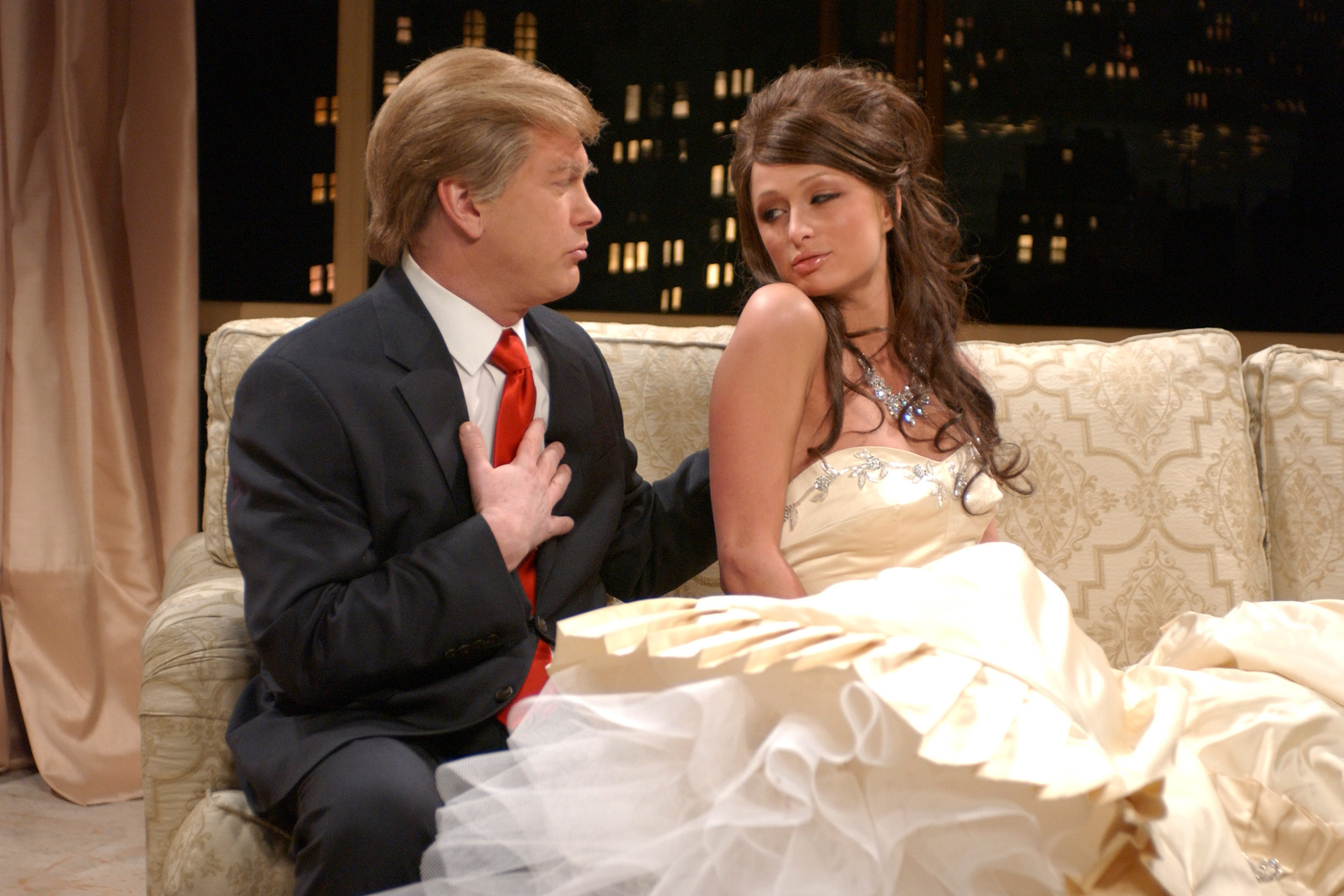
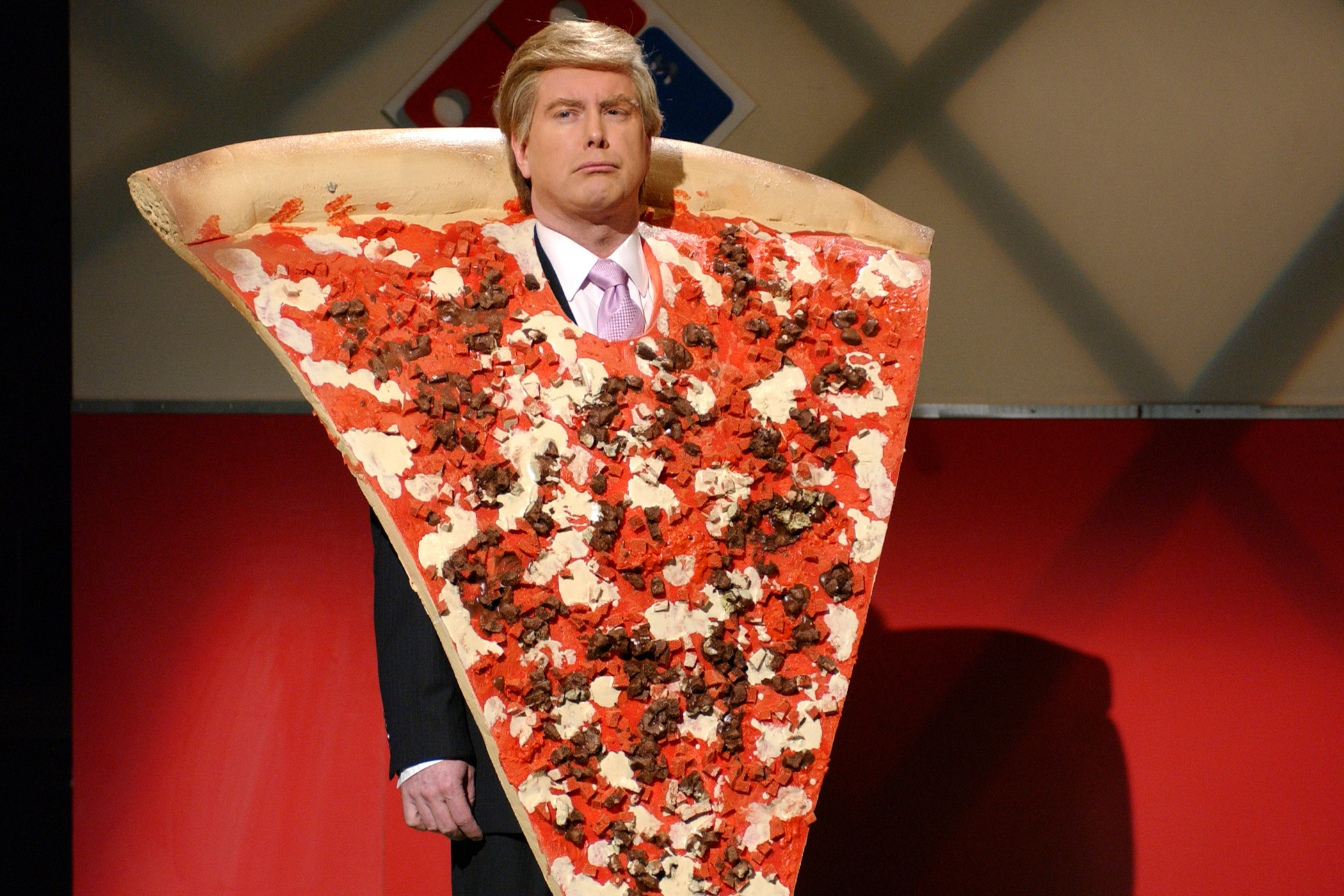
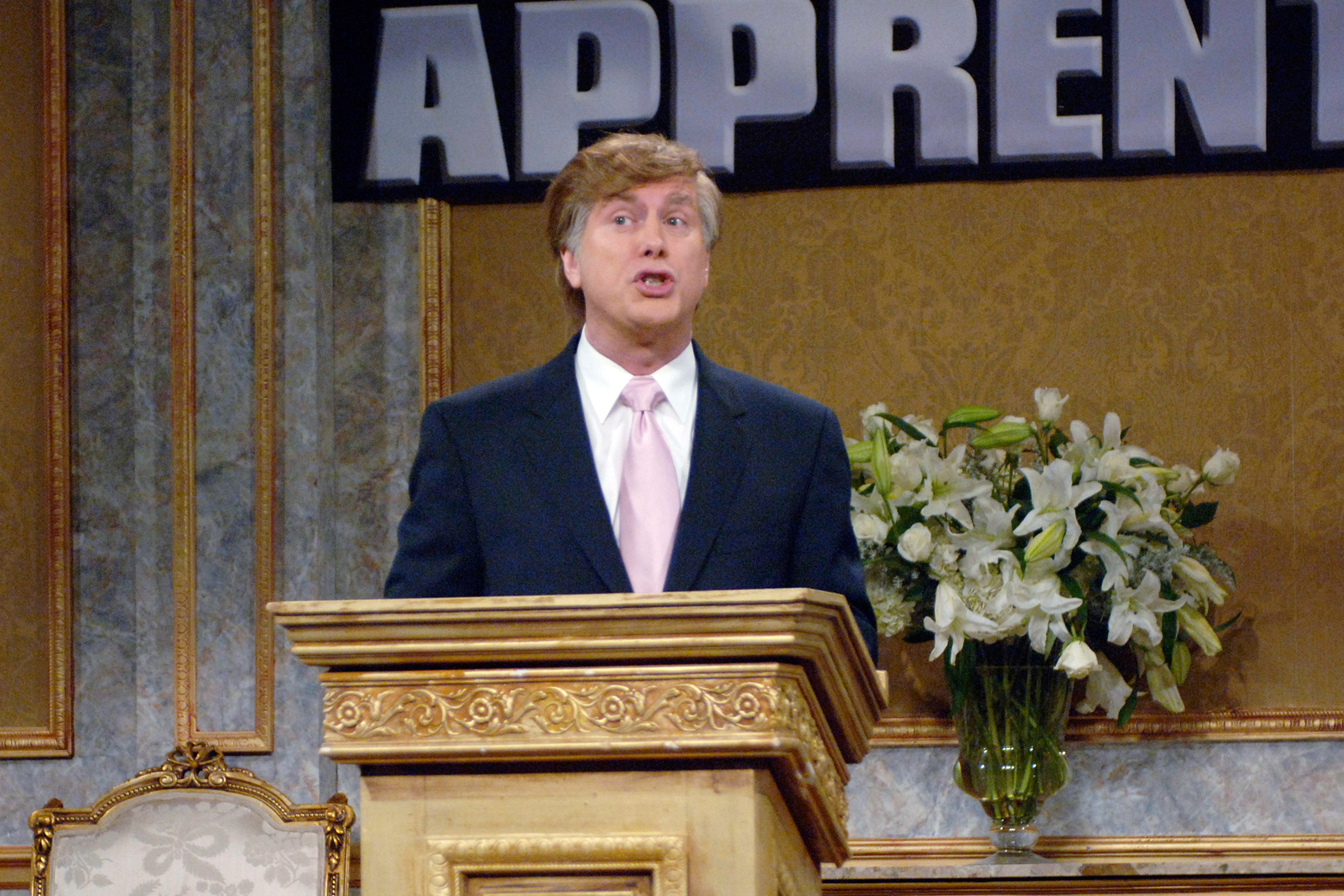
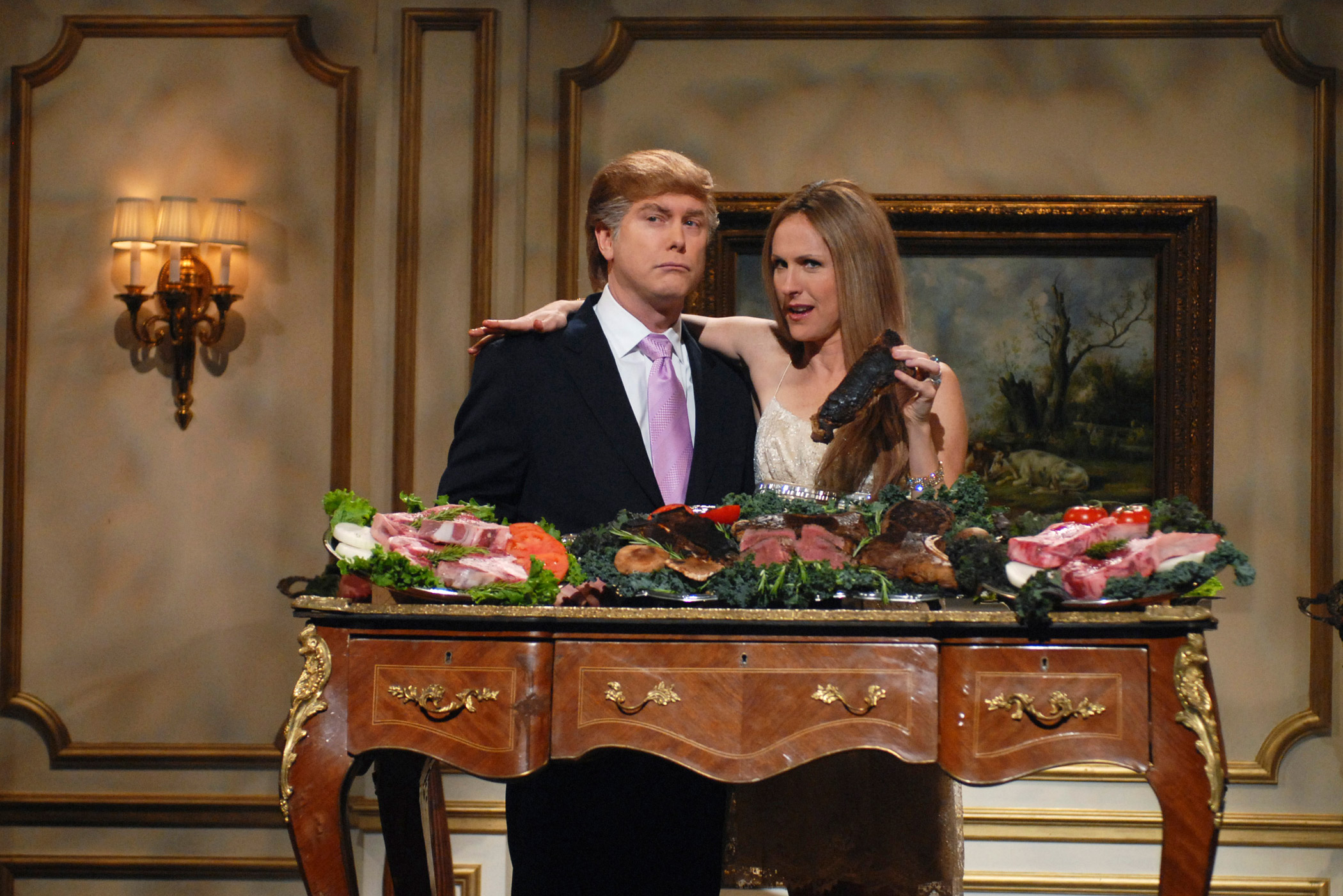
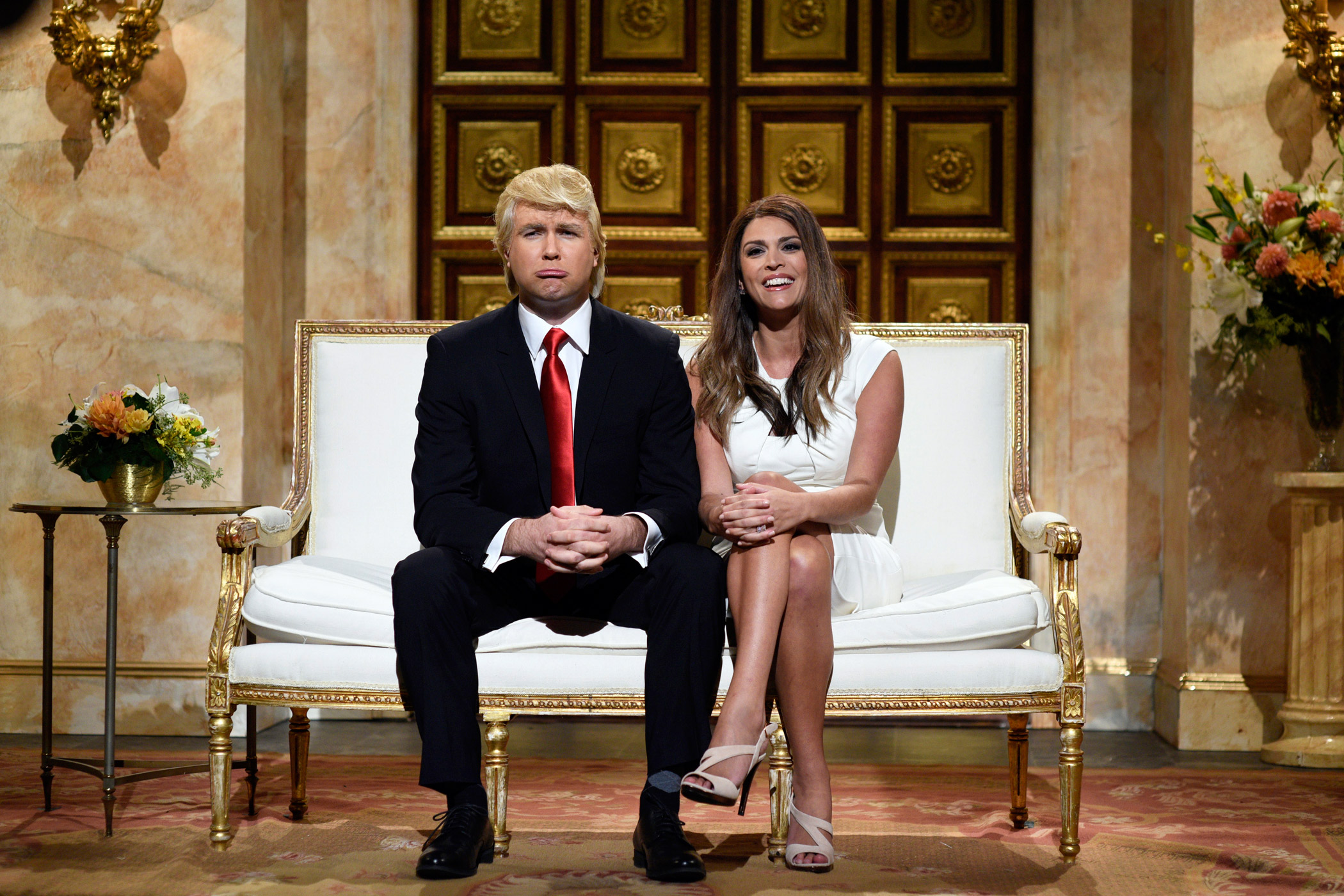
More Must-Reads from TIME
- Where Trump 2.0 Will Differ From 1.0
- How Elon Musk Became a Kingmaker
- The Power—And Limits—of Peer Support
- The 100 Must-Read Books of 2024
- Column: If Optimism Feels Ridiculous Now, Try Hope
- The Future of Climate Action Is Trade Policy
- FX’s Say Nothing Is the Must-Watch Political Thriller of 2024
- Merle Bombardieri Is Helping People Make the Baby Decision
Contact us at letters@time.com